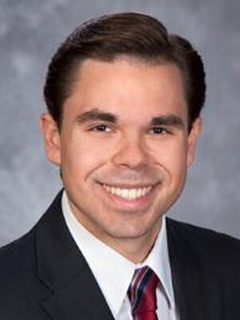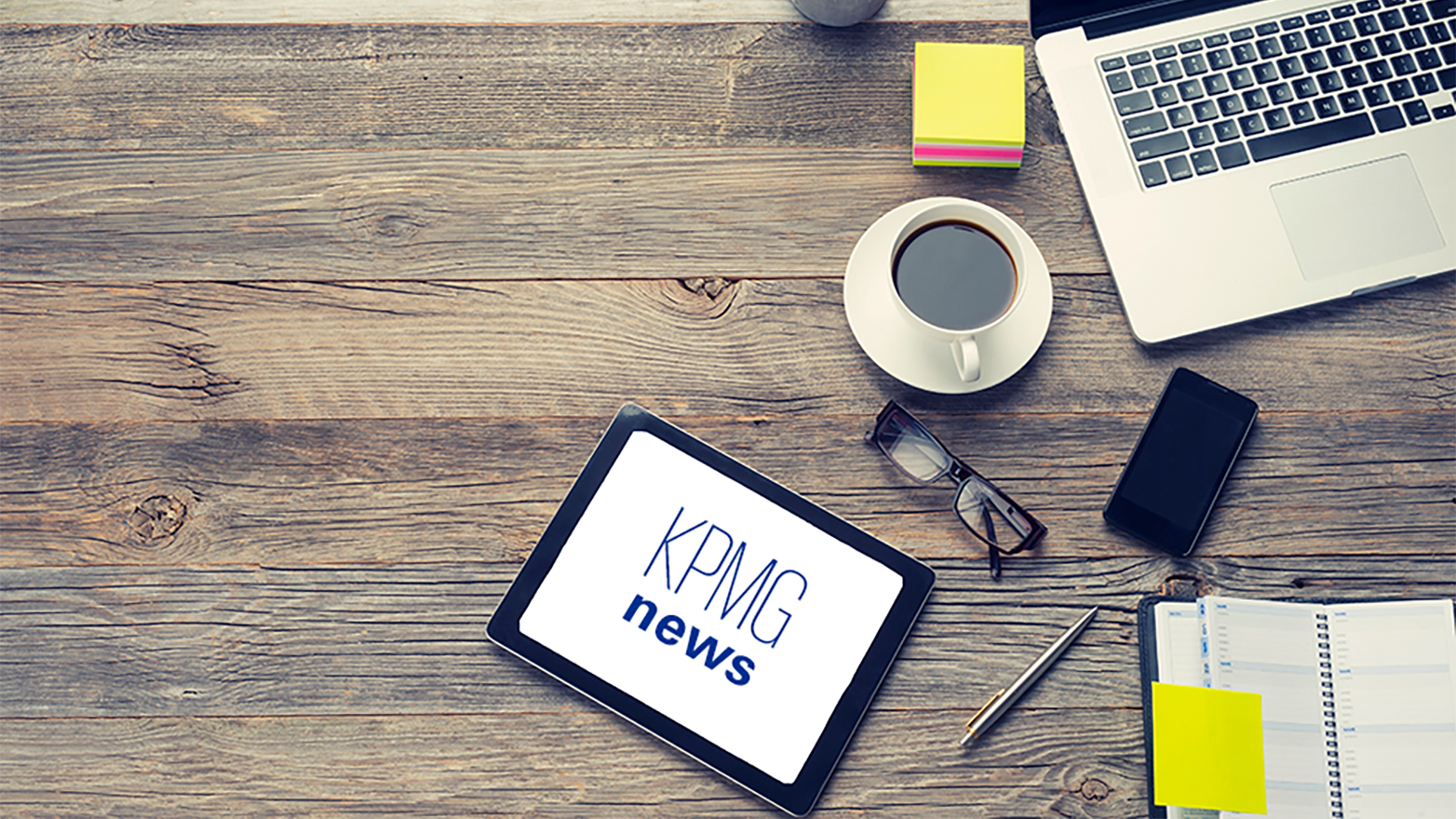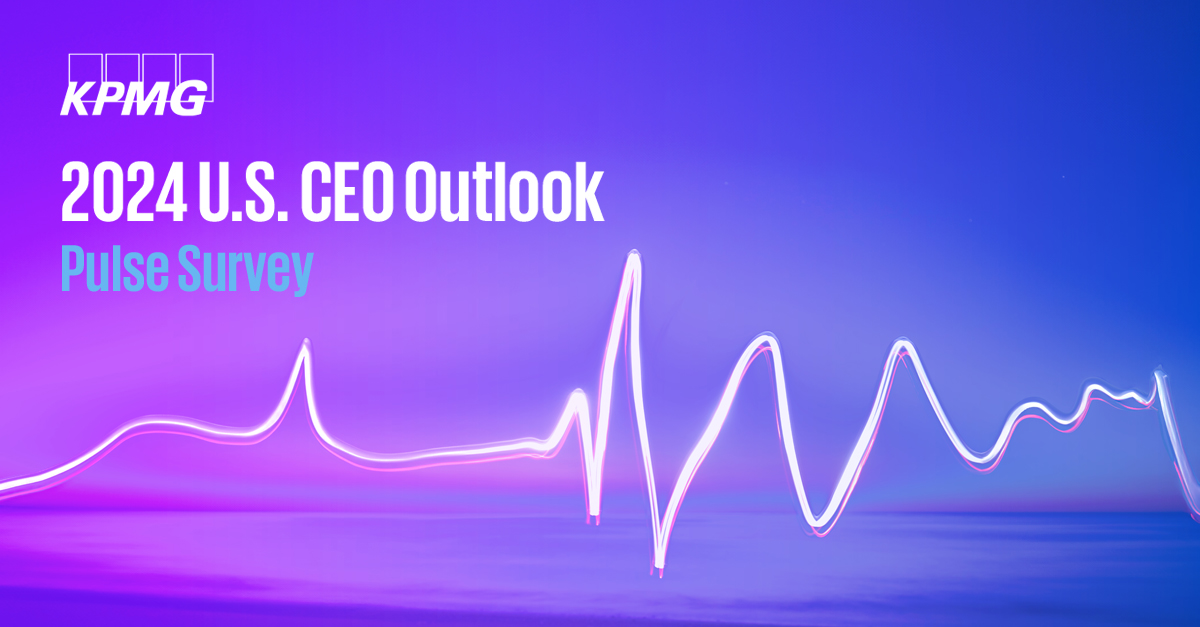May 30, 2024: Americans are more optimistic about their personal financial situations than the growth prospects of the U.S. economy over the next year, while exhibiting various degrees of enthusiasm, comfort and skepticism in the forces shaping the consumer experience, according to a new study released today by KPMG LLP (KPMG), the U.S. audit, tax and advisory firm.
The inaugural KPMG American Perspectives Survey assessed the views of 1,100 adults nationwide to understand their outlook on their personal financial situation and the U.S. economy, spending plans and preferences, as well as attitudes toward the forces shaping their experience in banking, energy, government, automobiles, healthcare and technology. Additionally, 400 U.S. adults were surveyed in Atlanta, Boston, Chicago, New York and San Francisco for local insights.
The report reviews these perspectives through the lens of compound volatility: the combination of near- term risks, such as geopolitical and technology-driven disruption, and longer-term structural changes to the U.S. economy, including the energy transition and sticky inflation.
“Similar to business leaders’ attitudes, people’s overall optimism is connected to their confidence in navigating the forces shaping our economy, including generative AI, the energy transition, digitalization, and more,” said Matt Kramer, KPMG U.S. Products Line of Business Leader. “Americans are grappling with compound volatility, requiring businesses and governments to think critically about how they enhance trust, drive innovation and promote growth.”









